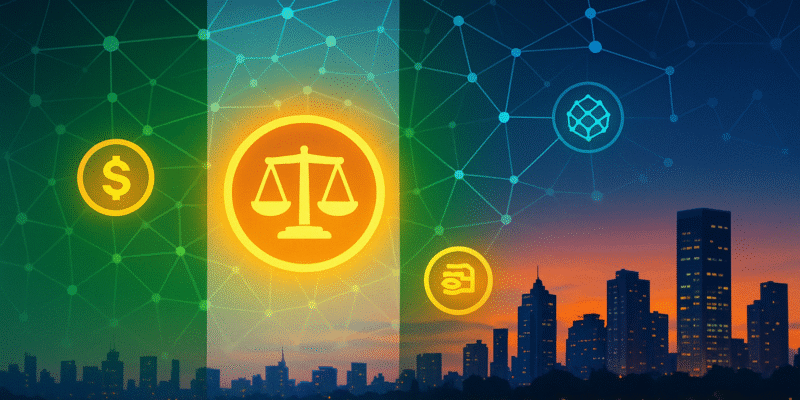Nigeria is officially welcoming stablecoin innovation, but only on its own terms. At the Nigeria Stablecoin Summit held in Lagos, the Director-General of the Securities and Exchange Commission (SEC), Emomotimi Agama, declared that firms developing stablecoin products can now operate under regulatory supervision. His message was clear, Nigeria is not just watching the future of finance unfold, it intends to shape it.
“Nigeria is open for stablecoin business, but on terms that protect our markets and empower Nigerians,” Agama said during a panel session. He added that companies entering the space must adhere to core risk management principles, which the SEC views as essential to financial stability. Several stablecoin-related firms have already been onboarded into the Commission’s regulatory sandbox, marking a cautious but deliberate shift from past skepticism to structured engagement.
This represents a significant evolution in Nigeria’s approach to digital assets, one that has not always been smooth. Just months ago, the government filed an $81.5 billion lawsuit against Binance, accusing the global exchange of contributing to the naira’s devaluation and evading $2 billion in taxes. The case raised concerns across the industry about the future of crypto regulation in Nigeria.
Yet today, the official tone has changed, at least toward blockchain infrastructure and compliance-aligned innovation. The shift is attracting attention. In May, Blockchain.com announced plans to open a physical office in Nigeria, citing the country as its fastest-growing market in West Africa. The company pointed to “regulatory clarity” as a key reason for its expansion, suggesting that international firms see opportunity in Nigeria’s new stance.
Still, questions remain about how far this openness truly goes and who benefits. Local crypto users, startups, and over-the-counter traders continue to face uncertainty in areas where regulations are still being developed or inconsistently enforced.
In a March op-ed, Nigeria’s Minister of Information, Mohammed Idris, acknowledged that blockchain technology is now embedded in how Nigerians build, transact, and innovate. He clarified that enforcement actions are not intended to shut down innovation, but to ensure it is governed responsibly.
The broader picture suggests that Nigeria is trying to strike a balance, embracing the economic potential of stablecoins while tightening the guardrails around how they operate. For now, stablecoin companies are being given a seat at the table, but it comes with conditions.
As Dr. Agama put it, regulation is not a barrier it is the foundation. Whether that foundation leads to trust and transformation, or friction and flight, will depend on how well the rules evolve alongside the innovation.

Comments